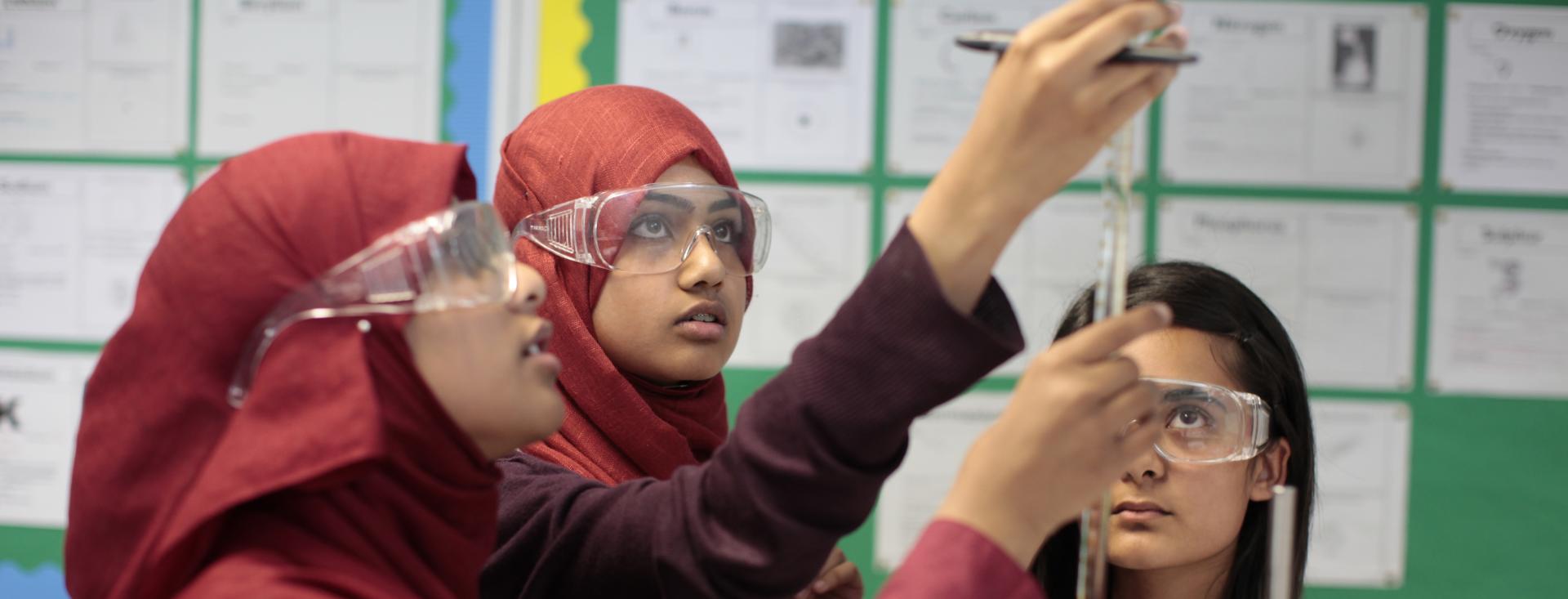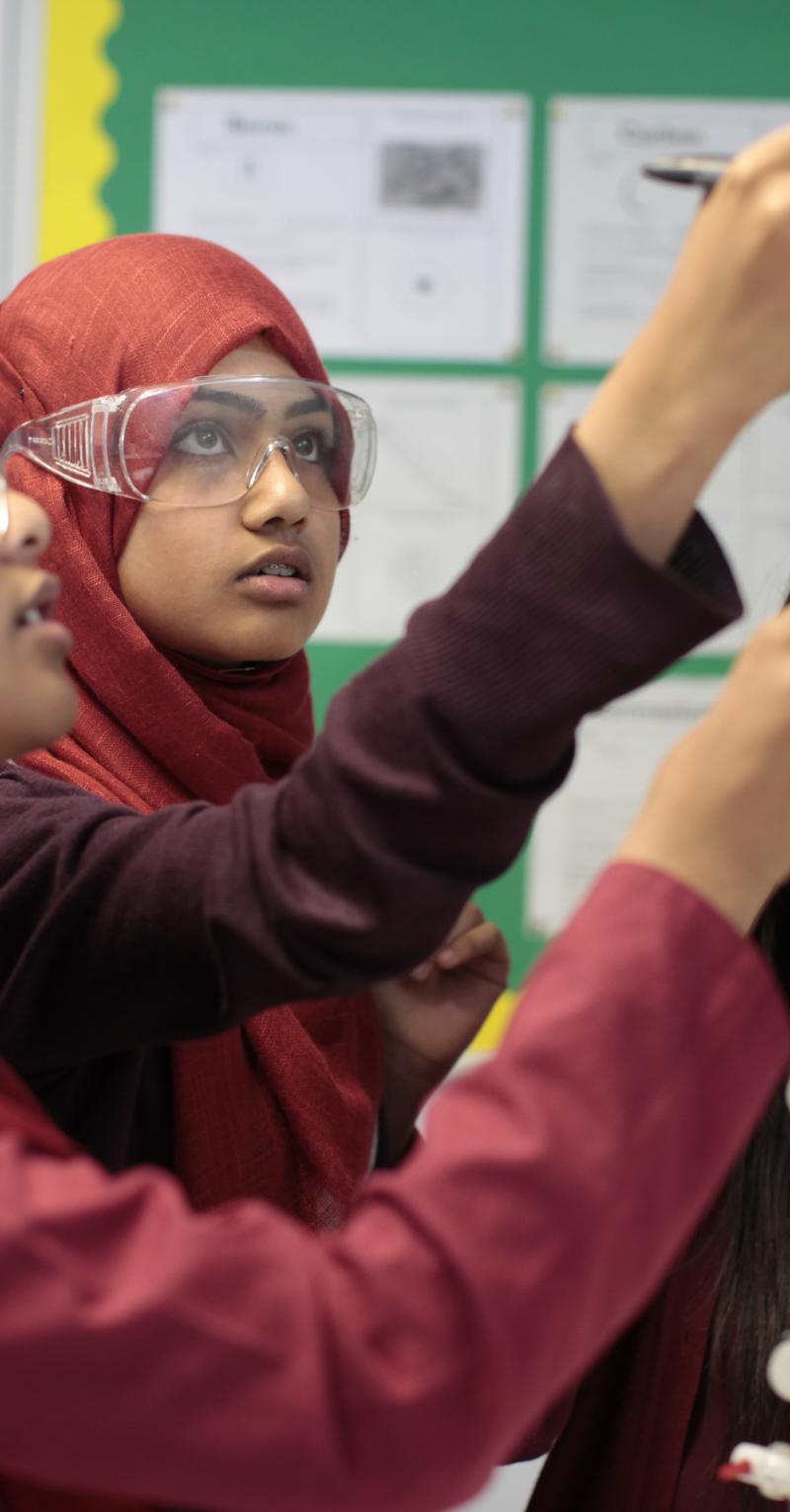Resources
Everyone has a role to play in supporting girls to become empowered, access education for better life outcomes, and thrive. Teach For All is committed to supporting the global network to identify and address the barriers that keep girls from learning and fulfilling their potential through our Girls’ Education initiative. Learn more about gender equity, the issues facing girls around the world, and more in this curated library of resources:

Girls' Education
In Plainspeak: A Digital Magazine on Sexuality in the Global South
A digital magazine by the organization TARSHI with the purposes of generating dialogue and creating and curating content on issues around sexual and reproductive health and rights (SRHR) in the Global South.
Girls' Education
Girls' Voices Curriculum
A 10-week curriculum to support girl leaders and their allies to identify the issues that impact girls most in their communities, develop strategies to amplify their voices, launch girl-led advocacy campaigns, and effectively educate decisionmakers.
Girls' Education
GirlForce: Skills, Education and Training for Girls Now
A report by UNICEF and the International Labour Organization that calls for equipping girls with the knowledge and skills needed to overcome barriers that prevent them from fully participating in the workforce and becoming economically empowered.
Girls' Education
Measuring Gender Attitudes Webinar: Three Key Takeaways
An article about the UNGEI webinar on measuring gender attitudes, focusing on pilot projects in Sierra Leone and Cote D’Ivoire with Save the Children’s Jane Leer and a project in Haryana state, India with the CEO of Breakthrough, Sohini Bhattacharya.
Girls' Education
General Versus Girl-Targeted Interventions: A False Dichotomy? A Response to Evans and Yuan
This paper provides a review of Evans and Yuan’s 2019 paper "What We Learn about Girls’ Education from Interventions that Do Not Focus on Girls." It disagrees with their conclusion and recommends combining girl-targeted and general interventions.

